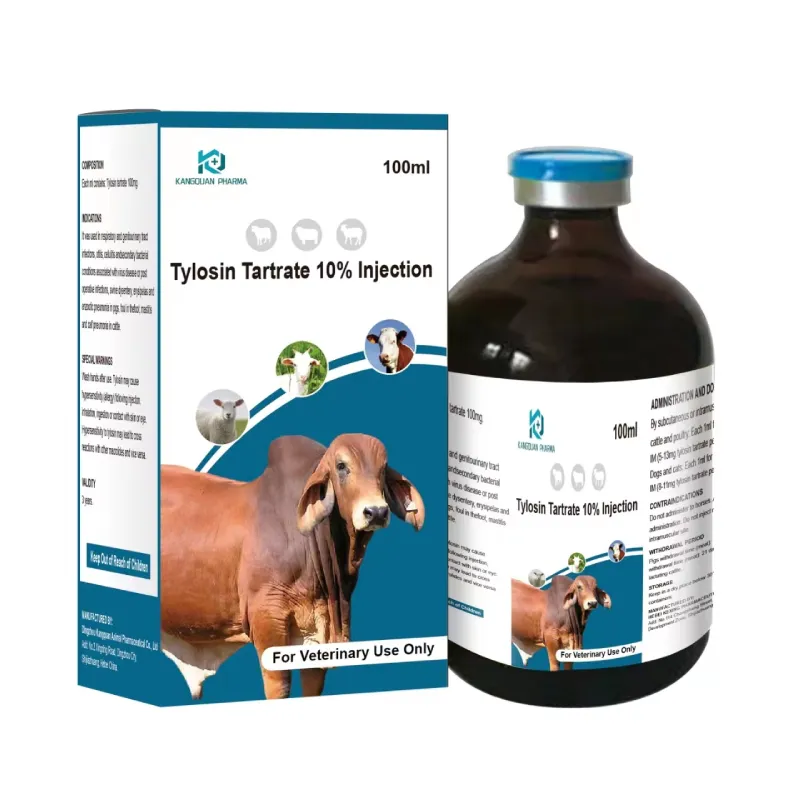- Afrikaans
- Albanian
- Amharic
- Arabic
- Armenian
- Azerbaijani
- Basque
- Belarusian
- Bengali
- Bosnian
- Bulgarian
- Catalan
- Cebuano
- Corsican
- Croatian
- Czech
- Danish
- Dutch
- English
- Esperanto
- Estonian
- Finnish
- French
- Frisian
- Galician
- Georgian
- German
- Greek
- Gujarati
- Haitian Creole
- hausa
- hawaiian
- Hebrew
- Hindi
- Miao
- Hungarian
- Icelandic
- igbo
- Indonesian
- irish
- Italian
- Japanese
- Javanese
- Kannada
- kazakh
- Khmer
- Rwandese
- Korean
- Kurdish
- Kyrgyz
- Lao
- Latin
- Latvian
- Lithuanian
- Luxembourgish
- Macedonian
- Malgashi
- Malay
- Malayalam
- Maltese
- Maori
- Marathi
- Mongolian
- Myanmar
- Nepali
- Norwegian
- Norwegian
- Occitan
- Pashto
- Persian
- Polish
- Portuguese
- Punjabi
- Romanian
- Russian
- Samoan
- Scottish Gaelic
- Serbian
- Sesotho
- Shona
- Sindhi
- Sinhala
- Slovak
- Slovenian
- Somali
- Spanish
- Sundanese
- Swahili
- Swedish
- Tagalog
- Tajik
- Tamil
- Tatar
- Telugu
- Thai
- Turkish
- Turkmen
- Ukrainian
- Urdu
- Uighur
- Uzbek
- Vietnamese
- Welsh
- Bantu
- Yiddish
- Yoruba
- Zulu
ਨਵੰ. . 06, 2024 04:14 Back to list
Essential Feed Additives for Livestock and Poultry Nutrition and Health
Feed Supplements for Livestock and Poultry Enhancing Health and Productivity
In modern livestock and poultry production, the use of feed supplements has become essential for optimizing animal health, growth, and productivity. As the global demand for meat, dairy, and eggs rises, farmers and animal nutritionists are increasingly turning to feed supplements to ensure that their animals receive a balanced diet that meets their specific needs. This article will explore the various types of feed supplements available for livestock and poultry, their benefits, and how they contribute to a sustainable agricultural system.
Types of Feed Supplements
Feed supplements can be categorized into several types based on their purpose and nutritional content. The most common categories include
1. Vitamins and Minerals Essential vitamins (such as A, D, E, and B-complex) and minerals (like calcium, phosphorus, and zinc) are crucial for maintaining overall health, promoting growth, and ensuring proper metabolic functions. Supplementation helps address deficiencies that can occur due to unbalanced diets, poor feed quality, or specific environmental conditions.
2. Protein Sources Adequate protein is vital for muscle growth, egg production, and overall health in livestock and poultry. Supplements such as soybean meal, fish meal, and various plant-based proteins are added to diets to enhance protein levels, supporting optimal growth rates and production efficiency.
3. Energy Supplements Energy is a critical component of any animal’s diet. Ingredients like corn, barley, and fats are often used to increase the energy density of feed. This is particularly important for high-producing animals, such as lactating cows and broiler chickens, which require more energy than average maintenance levels.
4. Probiotics and Prebiotics These supplements support gut health and improve nutrient absorption. Probiotics are live beneficial bacteria that can enhance the gut microbiota, while prebiotics are non-digestible food components that stimulate the growth of beneficial bacteria. Together, they help reduce the incidence of gastrointestinal diseases and improve overall health.
5. Additives for Performance Enhancement Various additives, such as antibiotics, enzymes, and other growth promoters, are used to improve feed efficiency and animal performance. While the use of certain antibiotics is being closely regulated due to concerns about antibiotic resistance, alternative growth promoters like phytogenics are gaining popularity for their natural benefits.
feed supplements for livestock and poultry

Benefits of Feed Supplements
The primary benefits of feed supplements include enhanced growth rates, improved feed conversion ratios, increased milk and egg production, and better overall animal health. By providing animals with the necessary nutrients and enhancing their diets, farmers can achieve higher yields and maintain sustainable production levels.
1. Improved Animal Health Well-balanced diets supported by appropriate feed supplements lead to healthier animals that are less prone to diseases. This results in reduced veterinary costs and improved welfare standards.
2. Enhanced Productivity Livestock and poultry that receive proper nutrition through supplements show increased growth rates and higher production levels, directly benefiting farmers’ profitability.
3. Sustainability By improving feed efficiency and animal health, supplements can reduce the environmental impact of livestock production. Healthier animals require less feed and produce fewer greenhouse gas emissions per unit of product, making the industry more sustainable.
4. Quality of Animal Products Feed supplements can also improve the quality of meat, milk, and eggs, providing consumers with better nutritional profiles. For instance, omega-3 fatty acids can be increased in eggs through specific dietary supplements, catering to health-conscious consumers.
Conclusion
As the livestock and poultry industry continues to evolve, the role of feed supplements will remain crucial in meeting the rising global demands for animal products. Through thoughtful use of these supplements, farmers can enhance animal health and productivity, contributing to a more sustainable and efficient agricultural system. Ultimately, the integration of feed supplements into livestock and poultry diets will play an integral role in ensuring food security and the overall well-being of animals.
-
Guide to Oxytetracycline Injection
NewsMar.27,2025
-
Guide to Colistin Sulphate
NewsMar.27,2025
-
Gentamicin Sulfate: Uses, Price, And Key Information
NewsMar.27,2025
-
Enrofloxacin Injection: Uses, Price, And Supplier Information
NewsMar.27,2025
-
Dexamethasone Sodium Phosphate Injection: Uses, Price, And Key Information
NewsMar.27,2025
-
Albendazole Tablet: Uses, Dosage, Cost, And Key Information
NewsMar.27,2025













